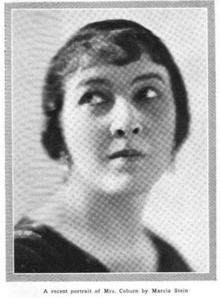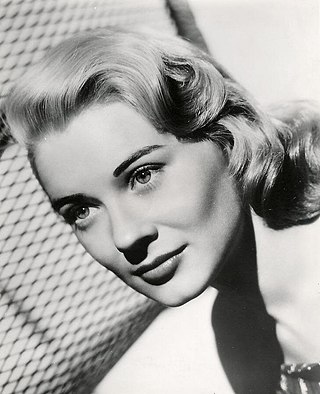
Hope Elise Ross Lange was an American film, stage, and television actress. She was nominated for the Golden Globe Award for Best Supporting Actress and the Academy Award for Best Supporting Actress for her portrayal of Selena Cross in the 1957 film Peyton Place. In 1969 and 1970, she twice won the Primetime Emmy Award for Outstanding Lead Actress in a Comedy Series for her role as Carolyn Muir in the sitcom The Ghost & Mrs. Muir.
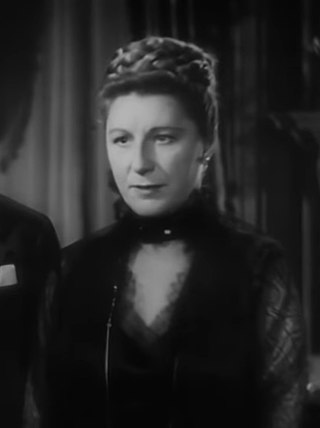
Dame Frances Margaret Anderson, known professionally as Judith Anderson, was an Australian actress who had a successful career in stage, film and television.

Charles Douville Coburn was an American actor and theatrical producer. He was nominated for a Best Supporting Actor Academy Award ("Oscar") three times – for The Devil and Miss Jones (1941), The More the Merrier (1943) and The Green Years (1946) – winning for his performance in The More the Merrier. He was honored with a star on the Hollywood Walk of Fame in 1960 for his contribution to the film industry.

Eileen Herlie was a Scottish-American actress.

Spring Dell Byington was an American actress. Her career included a seven-year run on radio and television as the star of December Bride. She was a Metro-Goldwyn-Mayer contract player who appeared in films from the 1930s to the 1960s. Byington received a nomination for an Academy Award for Best Supporting Actress for her role as Penelope Sycamore in You Can't Take It with You (1938).

Helen Raymond was an American stage actress who did comedy roles on Broadway, and also appeared in Hollywood motion pictures and in vaudeville.
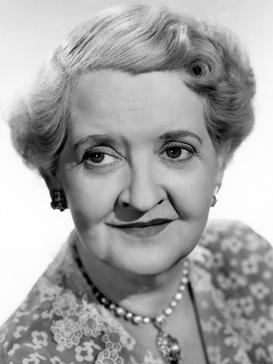
Evelyn Varden was an American character actress.

Myrtle Stedman was an American leading lady and later character actress in motion pictures who began in silent films in 1910.
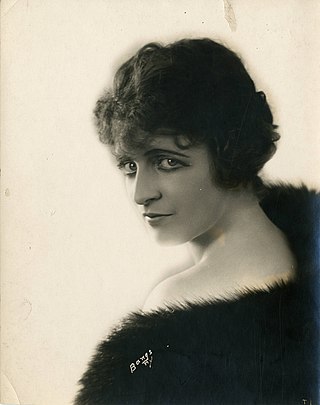
Olive Tell was a stage and screen actress from New York City.

Edith Barrett was an American actress. She was a romantic star on Broadway and in the Little Theatre Movement in New England summer stock from the mid-1920s to the late 1930s. Her repertoire included plays by James M. Barrie, William Shakespeare, Noël Coward, Robert Browning, A.A. Milne, and George Bernard Shaw. Her best-known cinematic work includes I Walked with a Zombie (1943), Ruthless (1948) and Jane Eyre (1943).
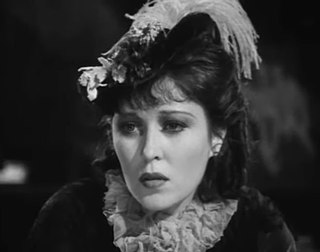
Erin O'Brien-Moore was an American actress. She created the role of Rose in the original Broadway production of Elmer Rice's Pulitzer Prize-winning play Street Scene (1929), and was put under contract in Hollywood and made a number of films in the 1930s. Her promising career on the stage and screen was interrupted by severe injuries she sustained in a 1939 fire. Following her recovery and extensive plastic surgery, she returned to the stage and character roles in films and television, including four seasons of the primetime serial drama Peyton Place (1965–1968).

Bertha Belmore was an English stage and film actress. Part of the Belmore family of British actors through her marriage to actor Herbert Belmore, she began her career as a child actress in British pantomimes and music hall variety acts. As a young adult she was one of the Belmore Sisters in variety entertainment before beginning a more serious acting career performing in classic plays by William Shakespeare with Ben Greet's Pastoral Players in a 1911 tour of the United States. She made her Broadway debut as Portia in Shakespeare's Julius Caesar in 1912. She returned to Broadway numerous times in mainly comedic character roles over the next 40 years, notably creating parts in the original Broadway productions of Lorenz Hart and Richard Rodgers's By Jupiter (1942) and Anita Loos's Gigi (1951). She worked in several productions mounted by Florenz Ziegfeld Jr., including appearing in the Ziegfeld Follies of 1925 with W.C. Fields and Will Rogers, and starring as Parthy Ann Hawks in the 1929 Australian tour and 1932 Broadway revival of Jerome Kern and Oscar Hammerstein II's Show Boat.

Mary Jeffreys Lewis known professionally as Jeffreys Lewis was a British-born American actress whose career lasted long after her popularity as a leading lady had faded.

Izetta JewelKenney was an American stage actress, women's rights activist and politician. She became the first woman to deliver a seconding speech for a presidential nominee at a major American political party convention when she seconded the nomination of John W. Davis at the 1924 Democratic National Convention.

Vera Michelena was an American actress, contralto prima donna and dancer who appeared in light opera, musical comedy, vaudeville and silent film. She was perhaps best remembered for her starring roles in the musicals The Princess Chic, Flo Flo and The Waltz Dream, her rendition of the vampire dance in the musical Take It from Me and as a Ziegfeld Follies performer.

Margaret McWade was an American stage and film actress. She began her career in vaudeville in the early 1890s. Her most memorable role was as one of the Pixilated Sisters, a comedic stage act with actress Margaret Seddon. Later in 1936, they reprised their roles in the movie Mr. Deeds Goes to Town.

Josephine Victor was a Hungarian-born American stage actress, director, and playwright.

Wilhelmina "Minnie" Dorothy Peper, known professionally as Jane Oaker, was an American theatre actress.
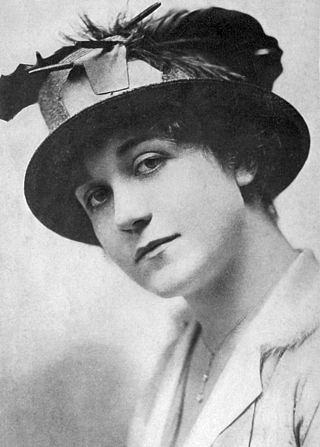
Myrtle Tannehill Nichols was an American actress on stage and in silent films.

Mary Hall, born Mary deLuce White, was an American stage actress who appeared on Broadway from 1901 to 1929. She was part of the Castle Square Theatre in Boston, and a leading lady with Boston's Empire Theatre and the Pike Theatre of Cincinnati. She took her stage name from her first marriage to Smith B. Hall, with whom she was mother of sportscaster Halsey Hall. She died in New York City at age 84.
